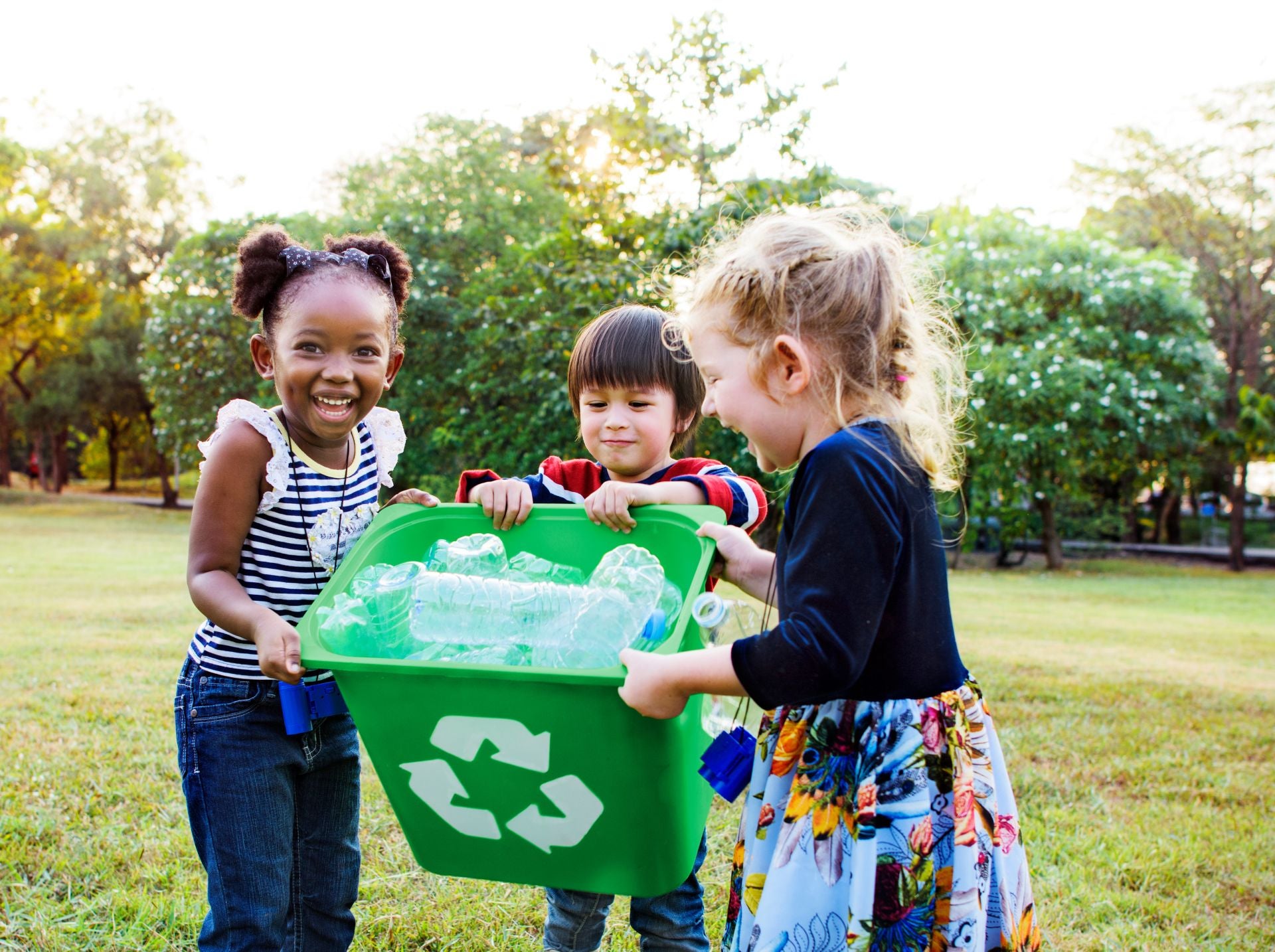Teaching environment
Sustainability. ·
Organisations such as Teachers for Future Spain work with both state and private schools, providing training and tools to help educate about climate changeJennie Rhodes
Friday, 6 September 2024, 18:46
What is biodiversity? What is the difference between climate and weather? What is global warming and what is the water cycle? These could easily be exam questions in primary or secondary school or even part of a general culture test.
“Let’s say we have a reasonable pass,” says Federico Velázquez de Castro, president of the Spanish association for environmental education. “In Spain there are very good intentions, but there is a lot of misinformation,” adds Miriam Leirós, coordinator of Teachers for Future Spain, a group of teachers concerned about the climate emergency and who look at specific actions to change the management of the country’s schools.
As children return to school for the 2024-25 academic year, the question of how to integrate the subject of the environment and climate change into the curriculum is facing its biggest challenge.
Teaching about the environment and climate change is a challenge for all education systems, which impacts on schools in Spain, whether they follow the Spanish, British, American or other curriculums.
International research
According to international research “from the largest scientific study into climate anxiety in children and young people” carried out by the University of Bath in 2021, nearly half of global youth surveyed (45%) said “climate anxiety and distress is affecting their daily lives and functioning”. The researchers spoke to young people in 10 countries including the UK, USA, Portugal and France.
The concern of climate anxiety has been picked up by the United Nations and its Agenda 2030 programme for Sustainable Development, which was launched at a UN summit in New York in September 2015 and has 17 sustainable development goals on climate action that includes education and young people.
In Spain, the latest educational law, Lomloe, which was introduced in 2020, refers to Agenda 2030 stating that the law “recognises the importance of addressing sustainable development established in the 2030 Agenda”.
The idea is that environmental themes are not just taught in a specific subject, but that they transcend other traditional subjects such as Mathematics, Language and social sciences.
Schools in Andalucía work with a number of associations, such as the aforementioned Teachers for Future Spain, which offer training and skills to teachers both at primary and secondary level.
Another association is Ecoembes whose Naturaliza programme teaches about waste sorting and recycling in classrooms “through promoting hands-on environmental learning” by helping teachers to apply Mathematics, Language, social and natural sciences with an environmental viewpoint both within and outside the classroom”.
Furthermore, coming up with creative ways to teach about the environment forms a key part of the complex public exam (oposiciones) process for teachers in Spain, with hopeful candidates being required to present age-appropriate teaching plans that include aspects of the Lomloe.
One of the considerations a teacher preparing for the ‘oposiciones’ must include is: ‘the area of knowledge of the natural, social and cultural environment in primary education: approach, characteristics and proposals for educational intervention and its relationship with other areas of the curriculum’.
School trips
Schools across Andalucía mark events such as World Environmental Education Day (26 January) and World Environment Day (5 June) and other companies are beginning to get involved. Trips are recognised as an important way for children to learn outside of the classroom and to coincide with the World Environment Day.
For example, year five pupils from Ramón Lago primary school in Cancelada, Estepona, got to enjoy a day out at Selwo Aventura, thanks to a collaboration between SUR and water company Hidralia in June this year, where they learnt about animals.
At the end of the trip, one of the pupils, Joshua, was clear: “The environment is important for our lives and our health. We have to take care of it. We must not damage the trees. If we don’t take care of nature, we die.”
Joshua learnt a lot about the planet from his day at Selwo Aventura. However, according to Federico Velázquez de Castro, there is still a lot of work to be done, so the homework for this school year is to study hard do better than a “reasonable pass” when it comes to the subject of looking after the planet.
Making school buildings efficient and sustainable
It’s not just a question of teaching about the environment and climate change, but looking at how the schools themselves can be more sustainable. For example In Malaga work is being carried out on the installation of solar panels and bioclimatisation, Bioclimatisation began in 2020 with a pilot plan that included three schools in the province: the Huertas Viejas school in Coín and the Fuente Luna secondary school in Pizarra, as well as the installation of photovoltaic solar panels at the Juan de la Cierva secondary school in Vélez-Málaga. On completion of these projects, the educational centres will be self-sufficient in terms of energy supply and the idea is that they will be able to supply the electricity grid.
